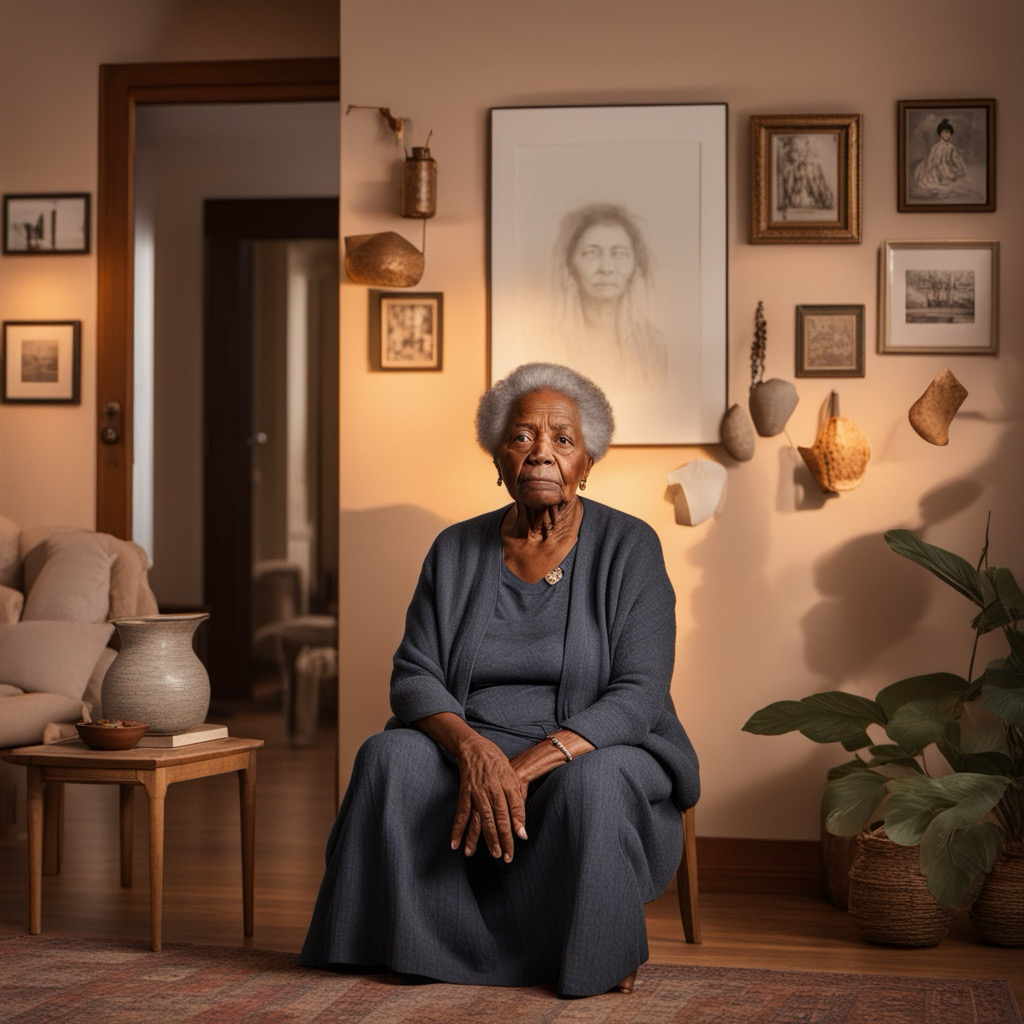
Alright, let me lay it out for you straight. Alzheimer’s is no joke. It’s a ruthless disease that strips away a person’s memories, personality, and eventually their ability to function independently. It’s heartbreaking for both the individual suffering from it and their loved ones who have to witness the decline firsthand.
So, how do you know if your loved one may be experiencing the early signs of Alzheimer’s? Let me break it down for you. Here are some definite signs to look out for:
1. Memory Loss: One of the most common early signs of Alzheimer’s is memory loss that disrupts daily life. This can manifest as forgetting important dates or events, repeating the same questions or stories, and relying more heavily on memory aids or family members for things they used to handle on their own.
2. Difficulty Completing Familiar Tasks: People with Alzheimer’s may have trouble completing tasks that were once simple and familiar to them. This could be anything from following a recipe to playing a favorite game or driving to a familiar location.
3. Confusion and Disorientation: Individuals with Alzheimer’s may become easily disoriented, especially in new or unfamiliar surroundings. They may struggle to understand where they are or how they got there, leading to feelings of confusion and fear.
4. Changes in Mood or Personality: Alzheimer’s can cause significant changes in a person’s mood and personality. They may become more easily agitated, irritable, or withdrawn. They may also exhibit changes in their social behavior, such as becoming more outgoing or more withdrawn than usual.
5. Challenges with Language: People with Alzheimer’s may struggle with finding the right words or following conversations. They may have difficulty understanding what others are saying or expressing themselves clearly.
6. Poor Judgement: Individuals with Alzheimer’s may exhibit poor judgement, making decisions that are out of character or putting themselves at risk in potentially dangerous situations. This could include financial decisions, personal safety, or social interactions.
7. Withdrawal from Social Activities: People with Alzheimer’s may start to withdraw from social activities that they once enjoyed. This could be due to a combination of factors, including difficulty remembering names, feeling self-conscious about memory lapses, or struggling to follow conversations.
8. Changes in Hygiene and Self-Care: Individuals with Alzheimer’s may neglect their personal hygiene or self-care routines. This could manifest as wearing the same clothes multiple days in a row, forgetting to shower or brush their teeth, or neglecting to take medications as prescribed.
If you notice any of these signs in your loved one, it’s crucial to seek medical attention as soon as possible. Early diagnosis and treatment can help manage symptoms, slow the progression of the disease, and improve quality of life for both the individual with Alzheimer’s and their caregivers.
Remember, Alzheimer’s is a devastating disease, but with early intervention and support, individuals can maintain their dignity, independence, and sense of self for as long as possible. Don’t ignore the signs – take action and get the help your loved one needs. Their future depends on it.
Things to look out for
Are they frequently getting lost in familiar places, forgetting important dates or events, or struggling with even simple tasks that they used to perform effortlessly?
If you’ve noticed someone experiencing these difficulties, it may be a sign of memory loss or cognitive decline. It’s important to encourage them to see a doctor for a proper evaluation and diagnosis. Early detection and intervention can make a significant difference in managing and treating these conditions.
PS: If you will like to join Slaylebrity VIP social network pls contact sales@slaynetwork.co.uk and include referred by PinkyProf in your subject cheers!
CHECKOUT MY RADIANCE SECRET HERE




